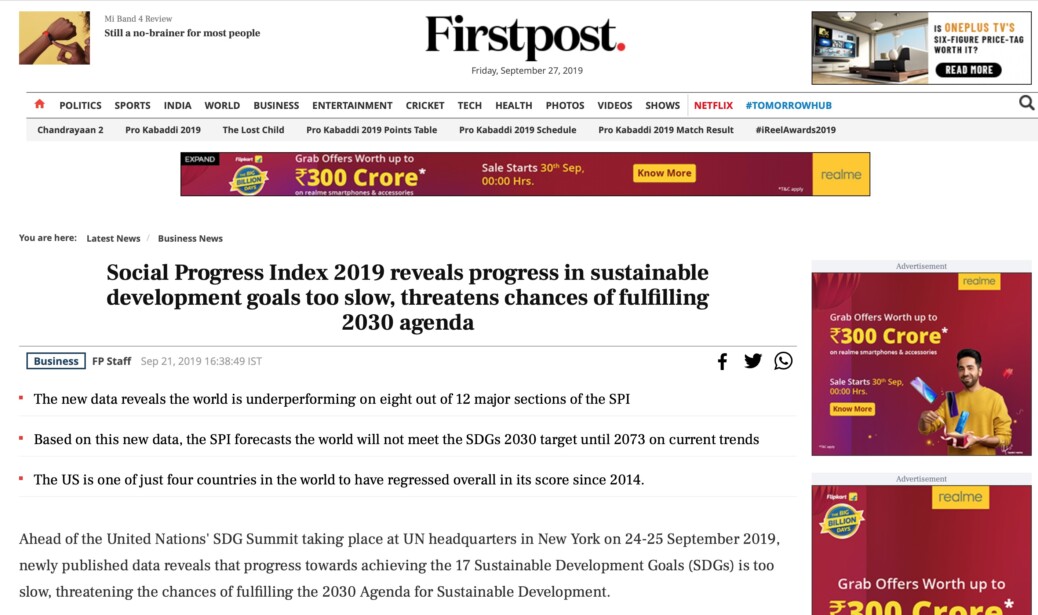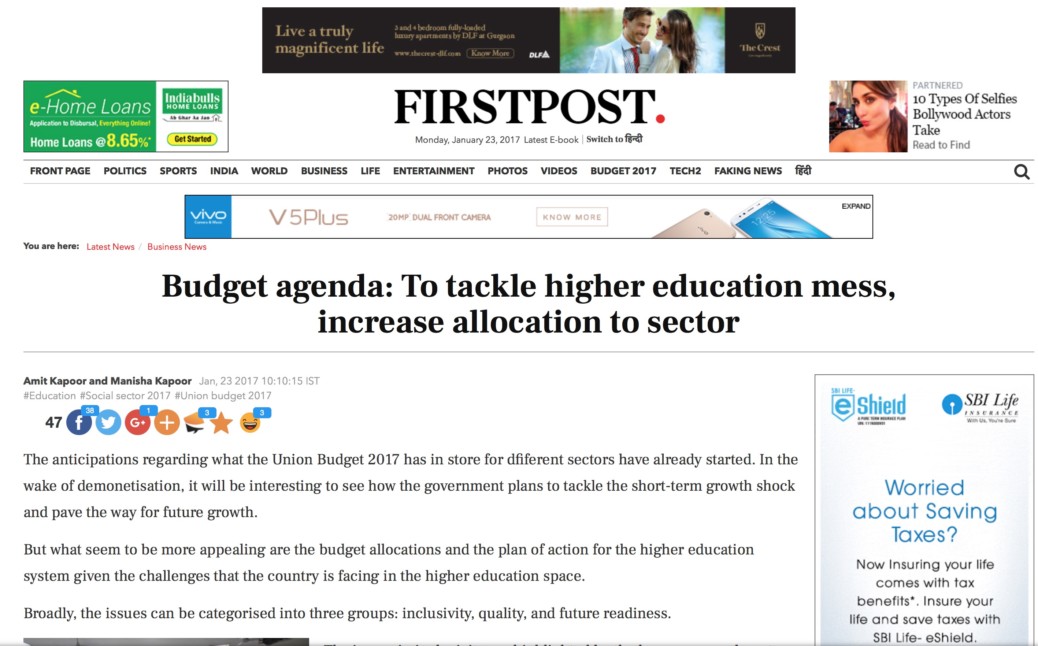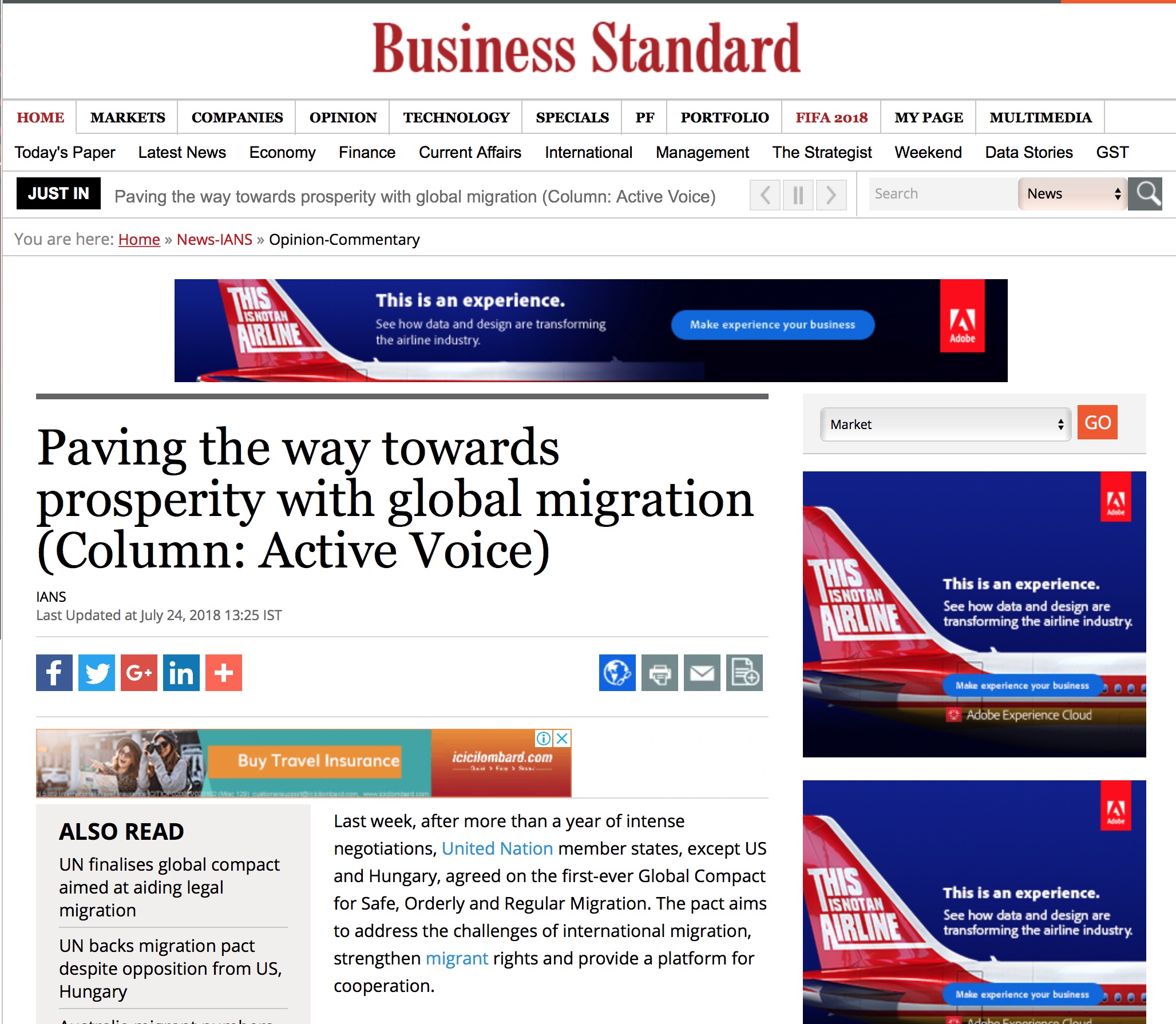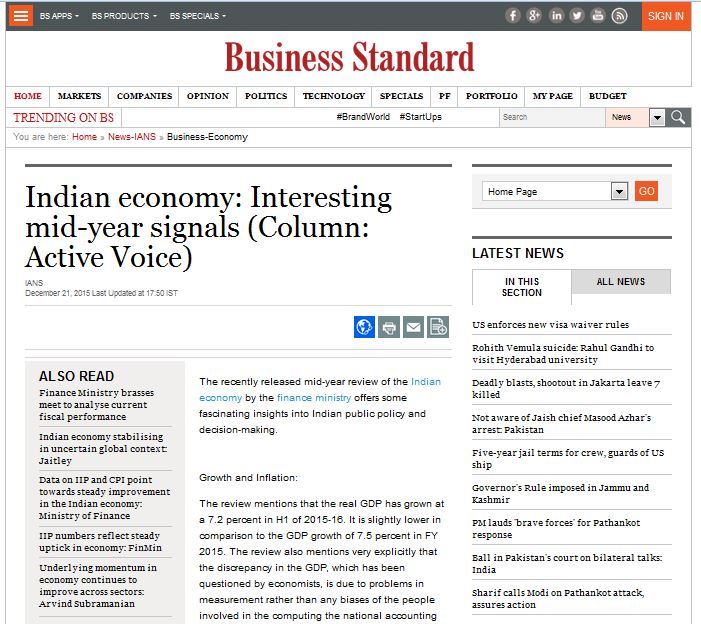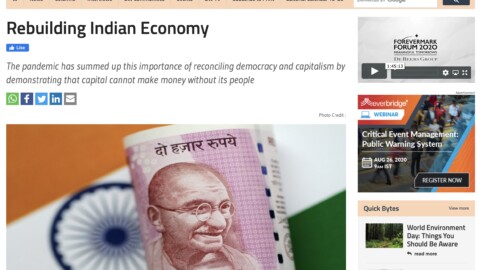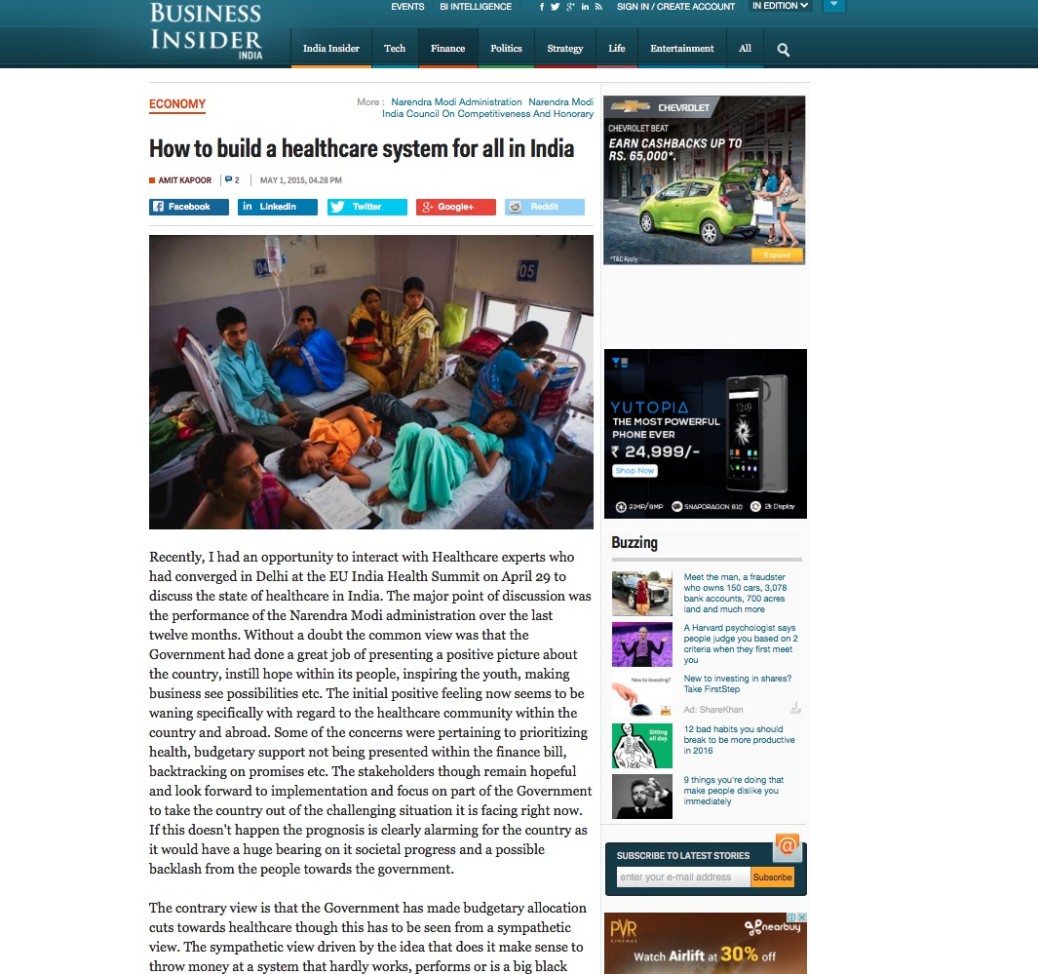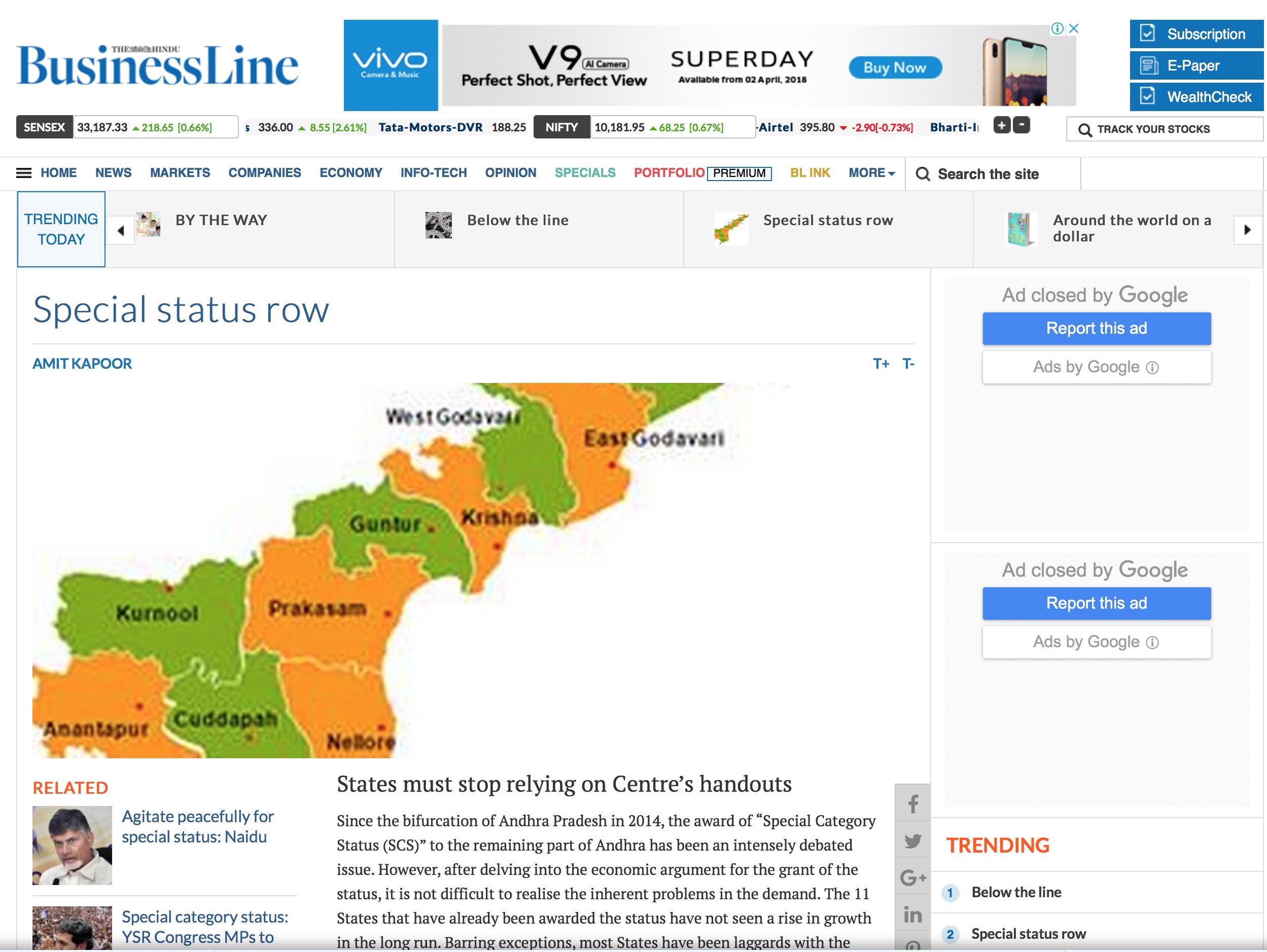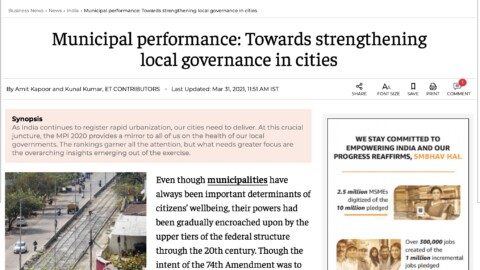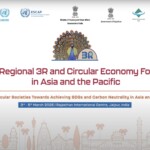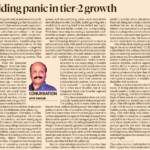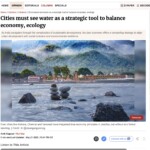- The new data reveals the world is underperforming on eight out of 12 major sections of the SPI
- Based on this new data, the SPI forecasts the world will not meet the SDGs 2030 target until 2073 on current trends
- The US is one of just four countries in the world to have regressed overall in its score since 2014.
Ahead of the United Nations’ SDG Summit taking place at UN headquarters in New York on 24-25 September 2019, newly published data reveals that progress towards achieving the 17 Sustainable Development Goals (SDGs) is too slow, threatening the chances of fulfilling the 2030 Agenda for Sustainable Development.
The (“SPI”), compiled by the Social Progress Imperative, a US-based non-profit, ranks 149 countries’ social performance over six years (2014-2019). It uses 51 indicators including: nutrition, shelter, safety, education, health, personal rights and inclusiveness.
The Social Progress Index is the first holistic measure of a country’s social performance that is independent of economic factors. The index is based on a range of social and environmental indicators that capture three dimensions of social progress: Basic Human Needs, Foundations of Wellbeing, and Opportunity. The 2019 Social Progress Index includes data from 149 countries on 51 indicators.
The index captures outcomes related to all 17 Sustainable Development Goals and is a comprehensive snapshot of a country’s overall progress towards the achievement of the goals.
The Social Progress Imperative’s mission is to improve the lives of people around the world, particularly the least well off, by advancing global social progress by: providing a robust, holistic and innovative measurement tool—the Social Progress Index
The new data reveals the world is underperforming on eight out of 12 major sections of the SPI. Based on this new data, the SPI forecasts the world will not meet the SDGs 2030 target until 2073 on current trends.
The data shows the biggest areas of underperformance are on measures related to water and sanitation, nutrition and basic medical care, shelter, and personal rights.
Personal rights have particularly declined; 91 of the 149 ranked countries recorded a fall in rights, with freedoms of religion and expression deteriorating the most. The global average score dropped from 65.61/100 in 2014 to 61.44/100 in 2019.
The biggest falls [in personal rights] were in: Nicaragua, Thailand, Turkey, Columbia, Serbia, Poland and Mali. The US has dropped from 96.02/100 in 2014 to 91.58/100 in 2019 in personal rights, meaning its global ranking on this issue has fallen from 15th in 2014 to 32nd in the world, below Spain, Italy and Argentina. In the same period The Gambia, Sri Lanka, the Central African Republic, Malaysia, Uzbekistan, Myanmar, and Fiji have seen the biggest overall gains.
The data also shows that:
The population-weighted world score on the SPI rose from 62.16/100 in 2014 to 64.47/100 in 2019 – a 2.31-point increase. Globally, the biggest improvements were in shelter, water & sanitation, access to information and communications, and access to advanced education. If the world were a country, it would rank between China and Saudi Arabia on social progress.
Norway tops the 2019 SPI ranking scoring with 90.95/100, showing a strong performance across almost all index components. Norway has improved by 2.38 points since 2014, more than any of its Nordic neighbours. South Sudan is at the bottom of the 2019 Social Progress Index (24.44/100, rank 149), a decrease of -0.66 points since 2014. The best performing G7 country is Germany (88.84/100, rank 8) followed by Canada (88.81/100, rank 9), Japan, the United Kingdom and France, who are all in the top tier of performance. Italy and the US follow in the second tier.
The US is one of just four countries in the world to have regressed overall in its score since 2014. The US has dropped from 84.74/100 in 2014 to 83.62/100 in 2019. The US now ranks 26th in the world on social progress, below Estonia and just ahead of Cyprus. Overall decline is driven by falls in health, education, personal safety, personal rights and inclusiveness. Despite spending more on healthcare than any other country, US health & wellness (75.27, rank 34) is comparable to Croatia’s (75.33, rank 33). And the US school system (score of 92.35, ranked 45th on access to basic knowledge) is producing results on par with Uzbekistan (91.99, rank 48).
Commenting on the results, CEO of Social Progress Imperative, Michael Green said:
“The results of the 2019 Social Progress Index shows that social progress is not advancing quickly or widely enough. Our current projection is that the world will not successfully fulfil the UN SDGs until 2073. Even the most prosperous countries have areas of weakness that they need to address and it should be of great concern to all, that rights are declining – including in the United States.
“The best opportunities for improvement are where GDP is not the binding constraint. Governments must urgently improve access to basic water and sanitation and access to clean fuels and technology for cooking. They should also prioritise efforts improving nutrition and basic medical care. The index measures actual progress towards SDGs not the effort expended to achieve them. The Social Progress Index will help the United Nations and its member states to measure of performance and accelerate progress towards the SDGs.”
Commenting on the results, Chair in India, Amit Kapoor said, “the Social Progress Index suggests that immediate action is required to achieve the UN SDGs and is a call to action towards building momentum and commitment to people, purpose, and planet. The index can help Government, business community and civil society to change the current trajectory of the SDGs by working together to find solutions to issues like climate change and resource scarcity, address diversity and inclusion inequalities, open up access to education, and positively impact society in the process.”
Social Progress Initiative India is working towards the vision of measuring success by looking at what people care about.
The article was published with First Poston September 21, 2019
